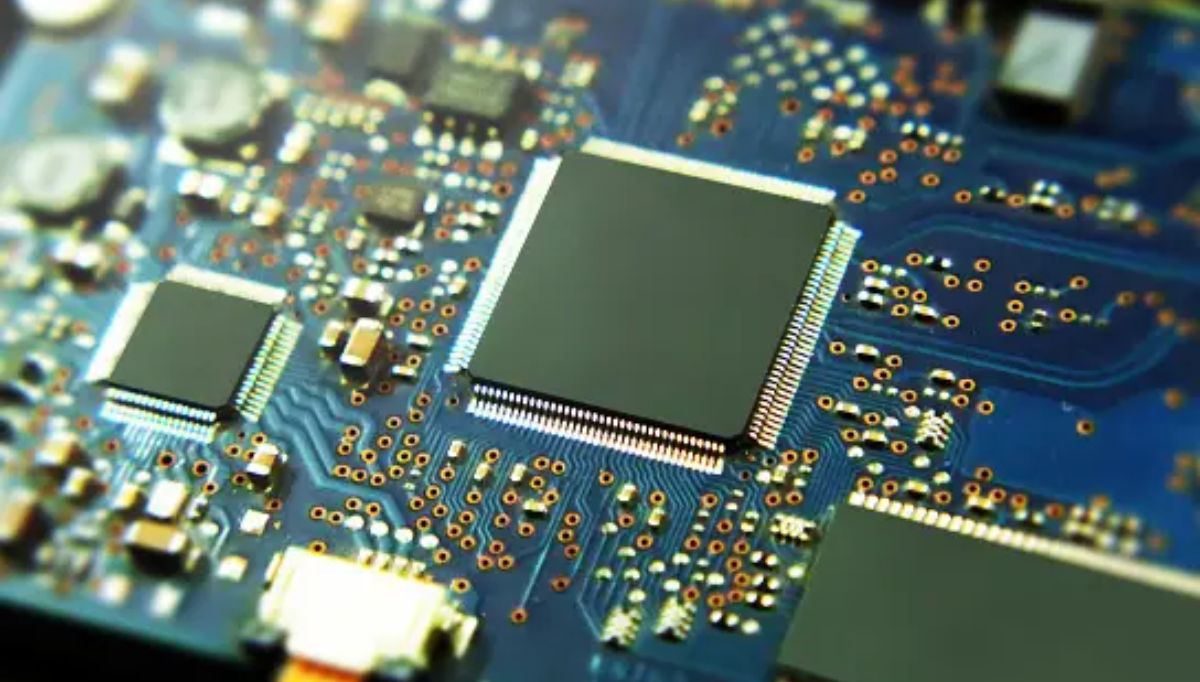During the company’s annual developer conference, Nvidia CEO Jensen Huang shocked the tech community with a number of ground-breaking announcements in an exciting address in the heart of Silicon Valley. Huang revealed Nvidia’s newest wonder, the B200 processor, to a hushed audience. Its 30-fold speed boost over previous models for some applications set a new standard for AI performance.
The Dawn of a New Era in AI Technology
Huang’s revelation of the B200 chip, alongside a comprehensive suite of software tools, marks a significant leap forward for Nvidia, cementing its status as a titan in the AI industry. These innovations are designed to empower developers, enabling the seamless deployment of AI models across Nvidia’s extensive client network, including major tech players like Amazon and Google.
A Market Leader Under the Spotlight
The launch of the B200 and its associated software underscores Nvidia’s unyielding ambition to maintain its stronghold on the AI chip market, a domain where it enjoys an 80% market share. Huang, with his characteristic blend of humor and insight, highlighted Nvidia’s journey from a gaming-centric entity to a formidable force in the global tech arena, challenging giants such as Microsoft and Apple.
Also Read: Prime Video Champions Gender Equality and Women’s Voices in Entertainment with New Inspirational Video
Unveiling the B200: A Leap Forward for AI
The B200 chip represents the culmination of Nvidia’s pioneering efforts in AI technology. By integrating two silicon squares into a singular component, the B200 promises unmatched efficiency in processing AI-driven tasks. While Nvidia remains coy about the chip’s full capabilities, its potential impact on the tech landscape is undeniable.
Market Reaction and Future Prospects
Nvidia has a stellar track record; in the last year, its stock has increased 240%. However, the announcement did not cause a substantial shift in the company’s market price. Nevertheless, the B200 chip’s possible effects on cloud computing, artificial intelligence, and other fields continue to excite the tech community.
Nvidia has diversified its portfolio strategically by branching out into software development and the automotive industry in addition to hardware. Through projects like collaborations in 3-D modelling and efficiency-boosting microservices, Nvidia is not only influencing AI’s future but also bringing these developments into daily life.

















